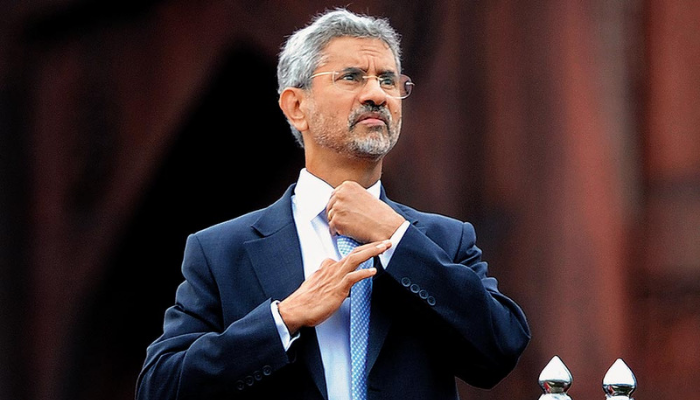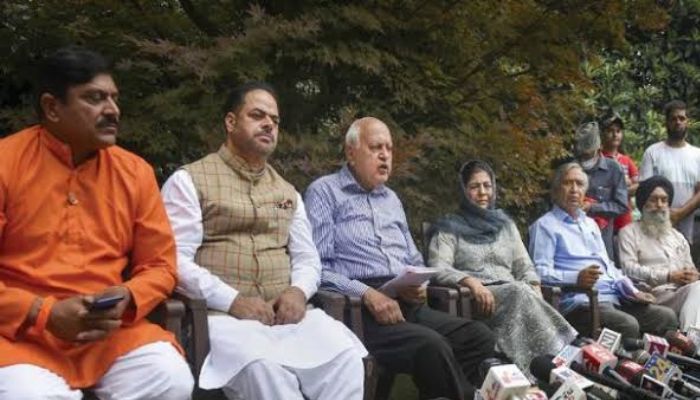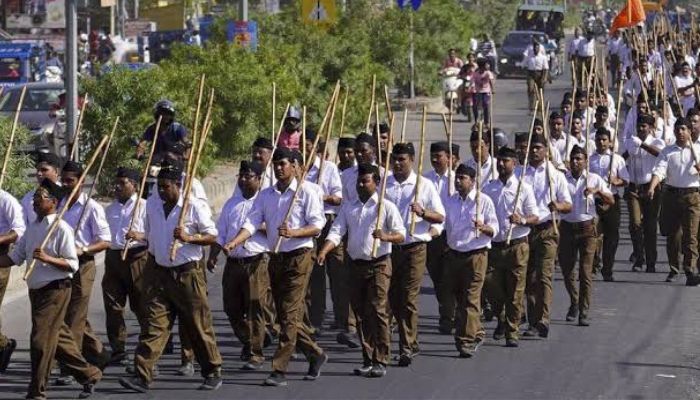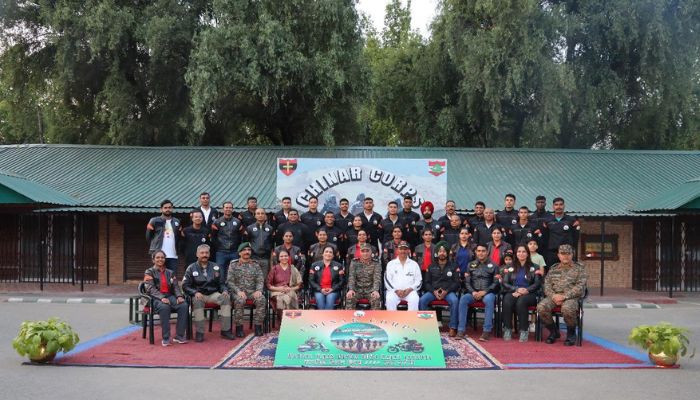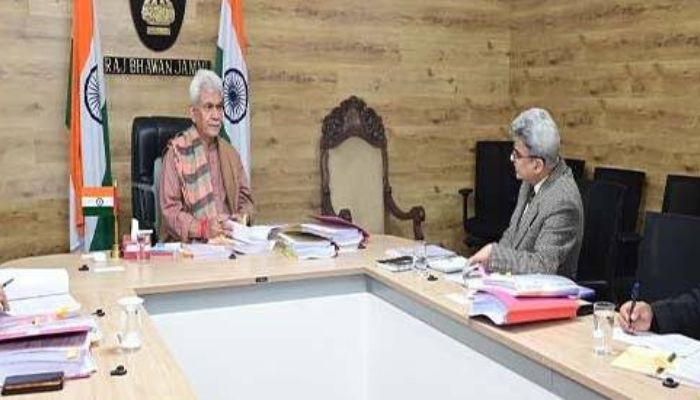New Delhi, 02 June (CNI): Billing Prime Minister Narendra Modi’s state visit to the United States as the “most productive” ever, External Affairs Minister S. Jaishankar said the U.S.-India relationship was doing “exceptionally well”.
Taking questions at a townhall event in New Delhi , his first public remarks after he returned from his visit to the U.S. and Egypt, where he went as part of Mr. Modi’s team, Mr. Jaishankar said the Prime Minister was seen internationally as a “more authentic Indian”.
However, he declined to comment on the controversy over comments by former U.S. President Barack Obama that were critical of Mr. Modi and minority rights in the country.
“We have had the most productive Prime Ministerial visit [to the U.S.] in our history if you look at the outcomes. One part of that is that it was a state visit, and the first time an Indian Prime Minister has addressed the U.S. Congress twice,” Mr. Jaishankar told an audience at the India International Centre, citing agreements in areas such as defence, trade, people-to-people ties, space, and science.
Referring to the introductory speech by IIC president and former Foreign Secretary Shyam Saran, who likened Mr. Modi’s visit to the 2005 visit by former Prime Minister Manmohan Singh, when the India-U.S. civil nuclear deal was launched, Mr. Jaishankar said that much had changed in the intervening 18 years.
“I think we were earlier in a state when we were trying really to address the obstacles of the relationship. Today, we have moved into the positive domain,” he added.
In 2005, Mr. Jaishankar was the Joint Secretary in the External Affairs Ministry in charge of the Americas, and had worked with Mr. Saran, who was then the Foreign Secretary, on the nuclear deal, which is still regarded a major milestone in India-U.S. ties.
Asked by an audience member about whether the recent visit to the U.S. and the GE-HAL jet engine MoU would “result in a big deal on technology research and development” in the way the 2005 visit resulted in the nuclear deal, Mr. Jaishankar said that the nuclear deal had been a “one-off” but that increasingly India and the U.S. were working as “countries with similar political, social, cultural, market values” particularly in digital and high technology cooperation, with private industries working together as well.
The Minister held the townhall as part of the BJP’s campaign marking nine years of the Modi government, as a part of which Ministers are travelling across the country to build awareness about the government’s programmes. This was Mr. Jaishankar’s fourth such programme in the capital.
Asked if the emphasis on nine years of government indicated that Mr. Modi intended to hold general elections, due in May 2024, earlier than scheduled, he replied, “Nine years is nine years, not 10 years, so please don’t read any [political] meaning into this programme.”
He also said that while the Modi government was “nationalistic” it also had an internationalist outlook, and Mr. Modi was seen by the international community as a “more authentic Indian” who “actually speaks for India”.
However, he declined to answer a question from The Hindu after the event, on his response to Mr. Obama’s interview to CNN that was critical of “authoritarianism” in India, and the need to improve the rights of minorities. Earlier this week, Finance Minister Nirmala Sitharaman and Defence Minister Rajnath Singh had reproached Mr. Obama for his comments.
In opening remarks about the Modi government’s achievements, Mr. Jaishankar listed bettering ties in concentric circles of the immediate neighbourhood, and subsequently, South East Asia, the Gulf, Africa, the European Union and the Global South.
Singling out ties with Russia as “unique”, he said that it was a mistake to “dumb down” the India-Russia relationship by speaking only of India’s considerable defence dependence on Russian military supplies, and pointed to “geopolitical logic” of steady security cooperation and the growth in bilateral trade. Over the past year, bilateral trade between the two countries has soared due to a 50-fold increase in oil imports from Russia during the Ukraine conflict, from about 40,000 barrels per day in December 2021 to nearly 2 million bpd in May 2023.
He contrasted ties with Russia, with the relationship with China that has spiralled downwards since the stand-off at the Line of Actual Control since April 2020, repeating his earlier statement that ties would only normalise once the boundary was normal. He also said that ties with Canada had been impacted by the issue of Khalistani separatist groups present there. On Pakistan, he reasserted the government’s position that there would be no talks until cross-border terrorism ends.
